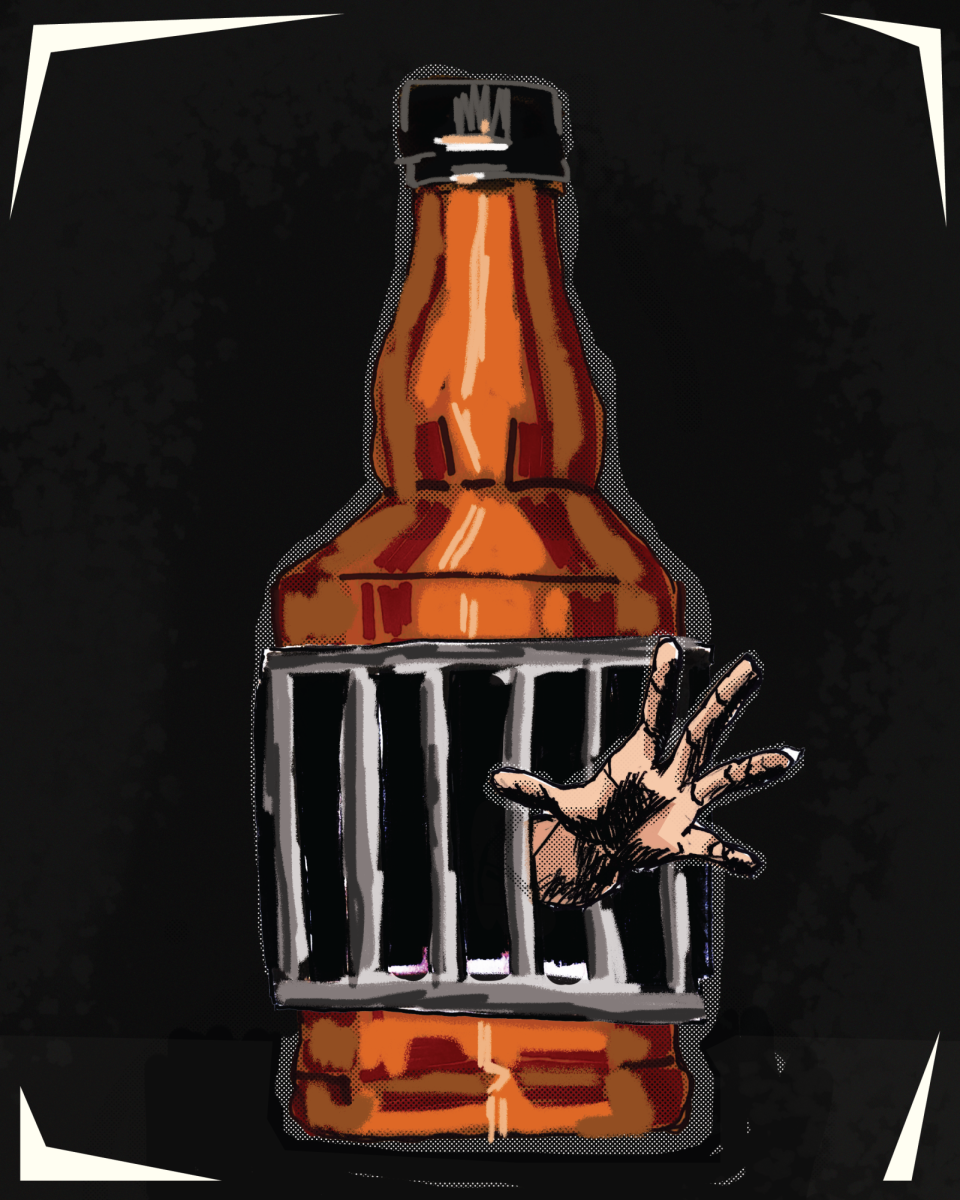The United States House of Representatives recently passed a bill, H.R. 7521, that would give owners of TikTok six months to sell to a non-foreign entity or face an outright ban in the States. President Joe Biden stated he will sign the bill if it passes Congress.
Owned by Chinese company ByteDance, the app has faced criticism from U.S. lawmakers before the bill’s emergence. Government officials believe the app threatens national security, citing invasive data collection. That said, ByteDance and TikTok management hold fast in the statement that no security breach has occurred. Tangible evidence of a security risk does, indeed, remain extremely limited.
Those in office must protect the people’s right to freedom of speech, which is undoubtedly threatened by a bill like H.R. 7521. At the very least, American citizens deserve full transparency if such a popular and influential platform is to be restricted at this level.
As the government moves to censor TikTok, it must also acknowledge the security risks of other social media platforms as well.
Government officials must prioritize the American people’s right to freedom of speech and creators’ livelihoods must be respected and protected.
Adversary-Controlled Controversy
China has bipartisan recognition in the U.S. as one of the nation’s greatest adversaries. The FBI indicates this threat to be largely due to the Chinese Communist Party’s values and its economic policies. The Bureau likewise states that the Chinese government is actively seeking to become a global superpower through “systemic theft of intellectual property, and brazen cyber intrusions.”
Western governments like the U.S. have expressed some specific concerns about Chinese laws that they believe could threaten TikTok’s image. A National Intelligence Law in China states that “’any organization’ must assist or cooperate with state intelligence work.” Similarly, a 2014 Counter-Espionage Law states that “relevant organizations may not refuse to collect evidence for an investigation.”
TikTok’s General Manager of Operations, Lee Hunter, has expressed disapproval about a government ban. Hunter emphasizes that ByteDance is a private company largely owned by global institutional investors — many of whom are American-based. Likewise, its headquarters are located in Singapore and the U.S. Hunter further emphasized his point, saying that “the Chinese government cannot compel another sovereign nation to provide data stored in that nation’s territory.”
If data security is such a pressing threat, why is there a lack of restrictions for platforms like Facebook, Instagram and Google? Findings indicate that Facebook specifically poses a greater or equal concern for theft of personal information compared to TikTok, yet the platform has faced much less of an uproar in the U.S. government.
TikTok is undoubtedly a global company. Though originating from Chinese entrepreneurs, ByteDance has never operated in mainland China. The U.S. notion that ties it indisputably to the CCP therefore lacks grounds, at least given the publicly available information. Without a clear explanation of the security risks that would warrant a total ban, such an extreme approach to legislation looks almost negligent.
The Threat of Public Influence
Chinese foreign ministry spokesman, Wang Wenbin, spoke following the bill’s approval in the House. He feels that the bill “runs contrary to the principles of fair competition and justice.” TikTok CEO Shou Zi Chew also denounced the bill, saying it would take “billions of dollars out of the pockets of creators and small businesses.” With over 300,000 Americans using TikTok as their primary source of income, this is a legitimate reality.
A deciding factor in a nationwide ban is the supposed capability of the platform to spread propaganda and persuade people on a mass scale. After the House passed the bill, TikTok implored users to reach out to lawmakers in opposition. Congress has since been flooded with what government officials called angry constituents.
Rep. Chip Roy, co-sponsor of the bill, stated that this “lobbying effort” proved the concern of lawmakers. Such a statement indicates that a TikTok ban means much more than data misuse. American leaders seem to be preoccupied with the idea that a platform is facilitating controversial rhetoric.
TikTok is used on a massive scale by younger generations. Over 60% of Gen Z and 49% of millennials use the app for information and the platform is even preferred over Google as a search engine. While young people use the app at an increasing rate, their political power is also increasing. A government ban of the platform would target these individuals perhaps more than any other group.
It’s worth considering that TikTok itself, among other social media platforms, is restricted by the Chinese government within the country. It is likewise a common occurrence to find anti-communist language or content that would be a threat to the Chinese Communist Party on the platform. If there truly is a monopoly behind ByteDance and TikTok itself that seeks to spread anti-American ideals, it would make sense that this kind of content be censored. What Americans and other consumers of the app regularly view shows otherwise.
A Hypocritical Solution
TikTok is a platform through which controversial beliefs and potential misinformation can be spread on a massive scale. While intentional misinformation is unjustifiable, content on the social media platform is also unfiltered and provides perspectives that would not otherwise be seen.
Activist movements and even independent journalism are given a voice on TikTok. While the integrity of news must be preserved, it also cannot be censored. If the U.S. government has legitimate data security concerns, all major social media platforms should be part of the conversation. Facebook, after all, has faced major security breaches more than once. Without tangible evidence of TikTok having issues on the same scale, data surveillance seems to be far from the government’s primary concern.
China blocks citizens from viewing foreign platforms like Twitter and Facebook. It does so because an authoritarian government fears the effect of its people consuming free rhetoric. The United States prides itself on freedom and uses the Chinese Communist Party as a reason to prove its concern for national welfare. Using shaky evidence of a threat to data security to justify controlling what Americans do on the internet does not align with this reasoning. In fact, it looks like lawmakers are modeling the policies of the government they spend so much time criticizing.
This a matter of constitutional law. Our freedom of speech must be respected and protected.


















